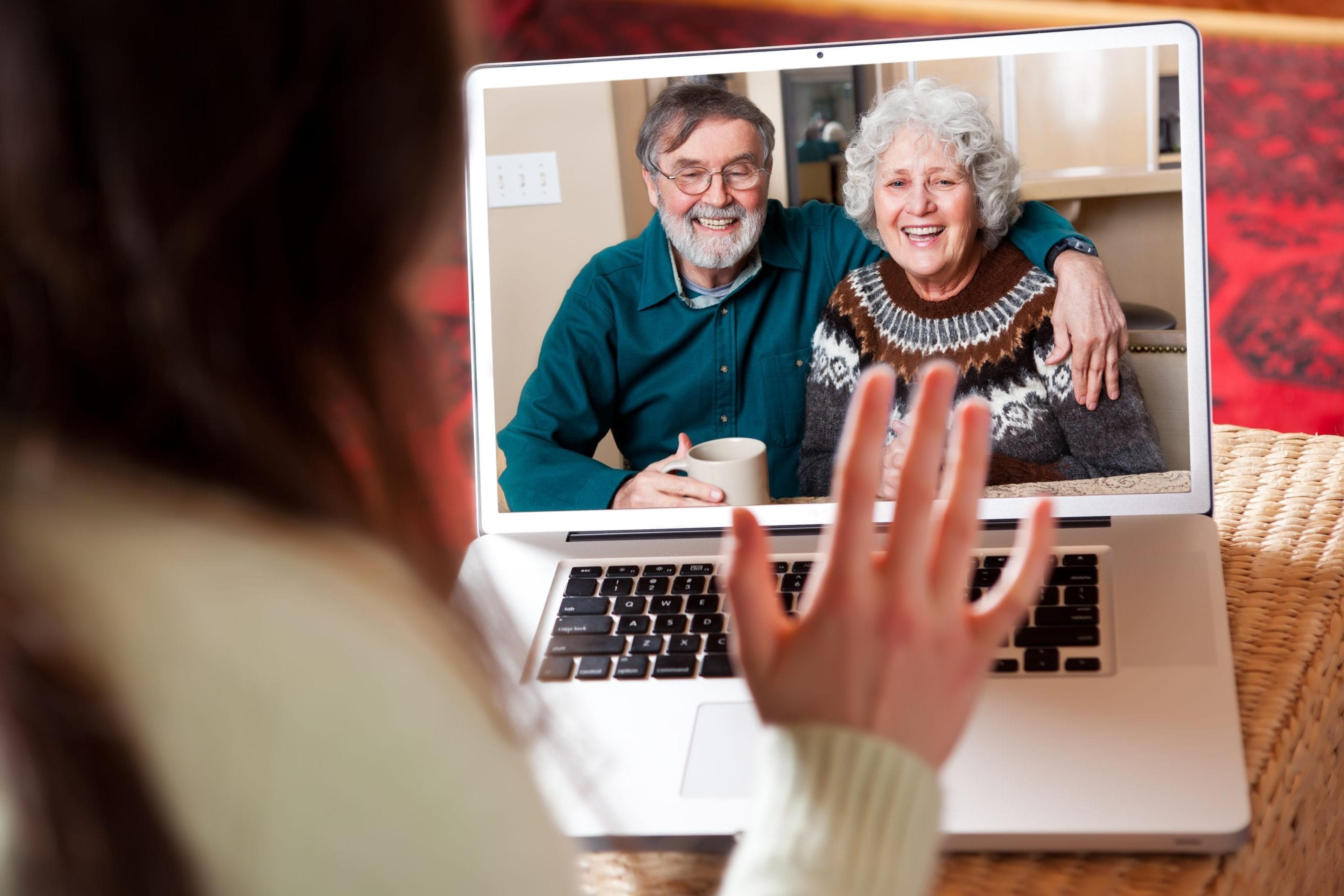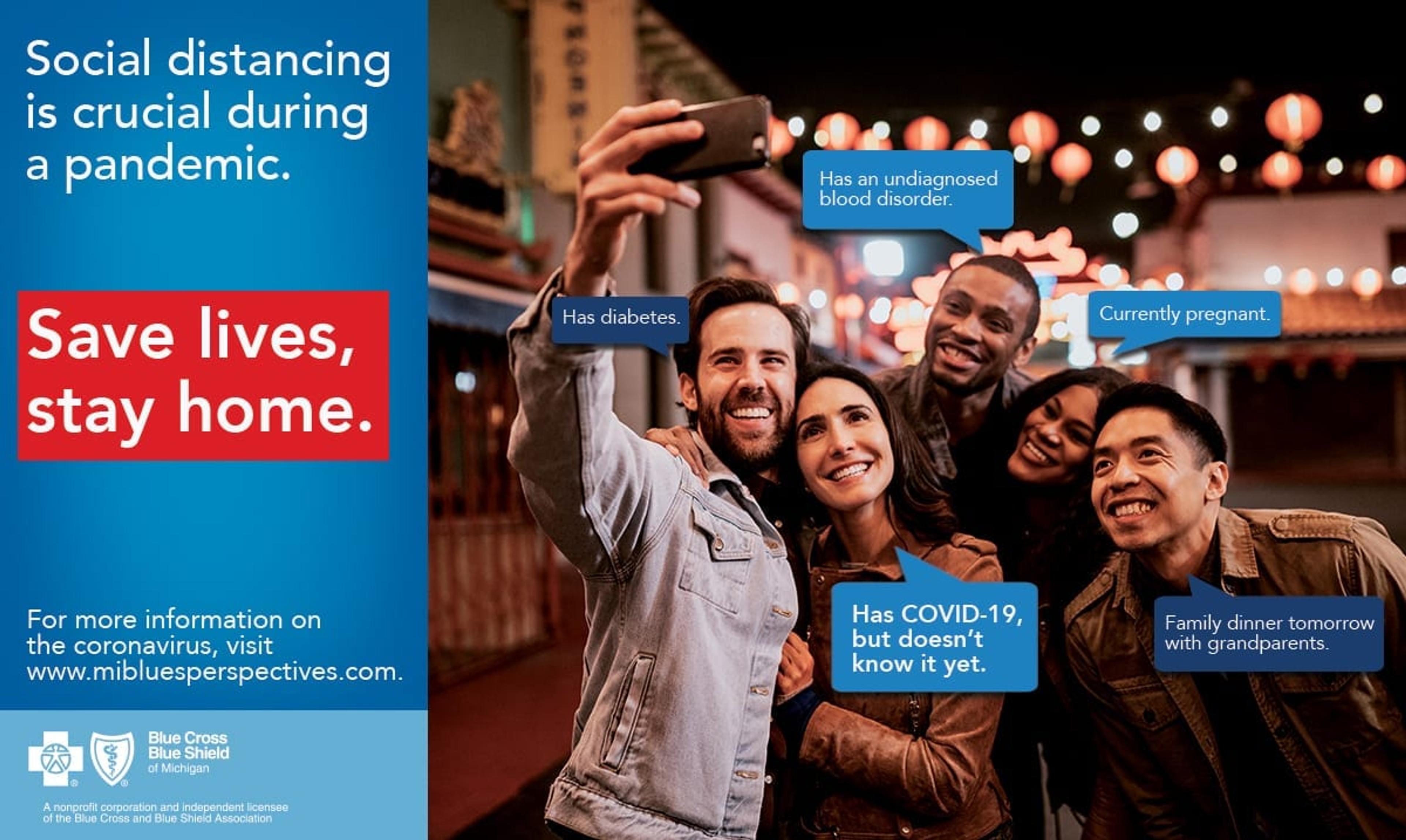
With the number of those infected by the novel coronavirus growing each day, officials are requiring individuals to take greater precautions to slow the spread of COVID-19. State and local governments are implementing restrictions on how individuals can interact with others in their communities. While many individuals want to help, few know how they can while still complying with the health and community guidelines laid out by the U.S. Centers for Disease Control and Prevention and state and federal governments. The most important steps you can take to help flatten the infection curve right now are to:
- Practice social distancing and quarantine. Limit social interaction outside the home as much as possible. Consider implementing a self-quarantine if you think you have been exposed to someone sick with COVID-19. If you must leave home, wash your hands before you leave the house and when you return. Always stay six feet away from others. Measures such as these not only protect your health, they protect others who may be more vulnerable to the virus than you.

- Wash your hands often. Experts recommend washing your hands with soap and warm water for at least 20 seconds. If soap and water are not available, use hand sanitizer with at least 60 percent alcohol. Learn the proper hand washing technique here.
- Disinfect daily. Do a deep clean of your home and frequently touched areas each day. It will help minimize the spread of germs and bacteria that could infect yourself or others.
- Use telehealth services. Hospitals and health care workers are on the front lines of this pandemic. If you believe you are sick and have mild symptoms, consider scheduling a telehealth appointment to avoid crowded waiting rooms and to allow providers to focus on the sickest patients.
While these steps are critical to follow, we’re all still worried about our loved ones who live far away, our neighbors and people in our community. Despite restrictions on physical gatherings, there are still many ways to be helpful during uncertain times like these:
- Check in on others. The CDC says the elderly and immunocompromised, as well as people with underlying medical conditions, are particularly vulnerable to contracting COVID-19. Check in with them periodically to make sure they are safe and healthy. If you are able to assist them with shopping for basic necessities, meal prep or getting their mail, offer to help. You can also send cards and letters to nursing homes to brighten spirits.
- Donate blood. Hospitals are always in need of blood donations to help patients, but the coronavirus has caused a severe blood shortage. If you are healthy and meet the eligibility requirements, consider giving blood. It may save a life.
- Donate money. COVID-19 is impacting everyone and all industries, especially small businesses. If you can donate money to local service organizations, workers’ relief funds or buy a gift card to your favorite local business, consider doing so.
- Don’t panic buy. When you go to grocery stores for your basic needs, do not hoard items. This behavior results in shortages and prevents the people who truly need the supplies from having access to them.
- Don’t be wasteful. Experts are advising people to limit their trips to the grocery store to once or twice a week. It’s important now more than ever to reduce waste. Be mindful of expiration dates and be resourceful with items you have at home.
- Say thank you. While many are working from home, essential staff must still report to work, and many are putting in long hours. Next time you see a health care worker, police officer, janitor or grocery store clerk, thank them for their help during times like these. Consider sending them a card if you are able. They often don’t get the recognition they deserve.
Stop all interaction with others if you are displaying symptoms of COVID-19. If you have a confirmed case of COVID-19, implement a self-quarantine and isolate yourself from your family in your home. Do not interact with others. You may be unintentionally putting others at risk. Remember always to stay calm and take the necessary precautions to protect the health of those around you. Read more coronavirus content here:
- Coronavirus Outbreak: What You Need to Know
- Easing Kids’ Concern About Coronavirus
- Blue Cross Takes Action to Help Members During the Coronavirus Outbreak
Photo credit: arekmalang





